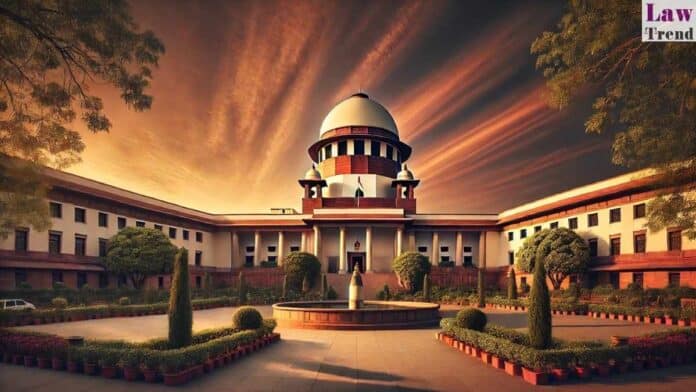The Supreme Court on Monday declined to entertain a petition seeking a nationwide ban on pornographic content, cautioning that such a move could trigger unrest similar to what Nepal recently witnessed over online restrictions. A division bench headed by Chief Justice B.R. Gavai, who demits office on November 23, made the remark while hearing a
To Read More Please Subscribe to VIP Membership for Unlimited Access to All the Articles, Download Available Copies of Judgments/Order, Acess to Central/State Bare Acts, Advertisement Free Content, Access to More than 4000 Legal Drafts( Readymade Editable Formats of Suits, Petitions, Writs, Legal Notices, Divorce Petitions, 138 Notices, Bail Applications etc.) in Hindi and English.




